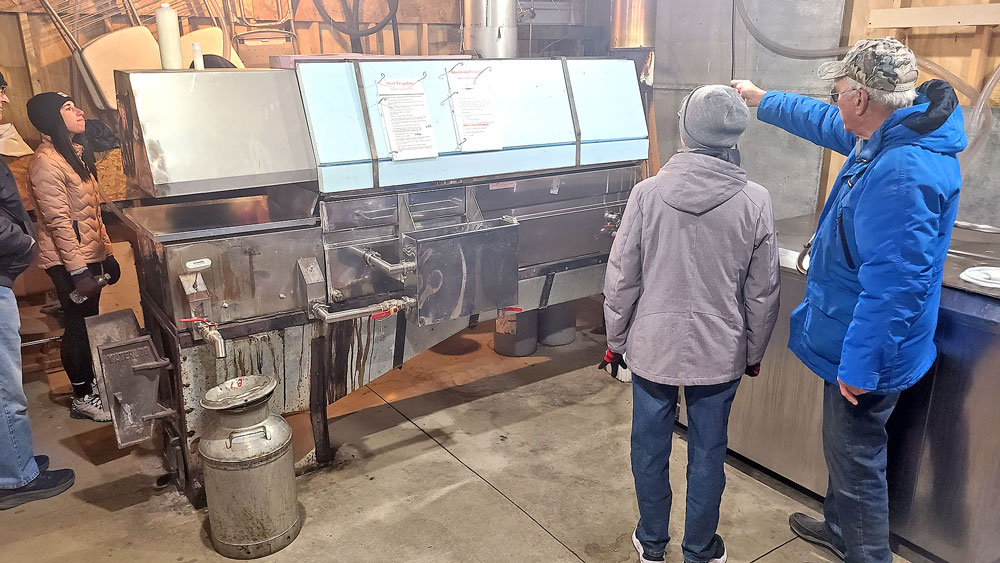Court overturns Lindaman sexual assault conviction



By Bob Steenson, bsteenson@charlescitypress.com
An Iowa Supreme Court panel on Friday reversed the 2016 sexual abuse conviction of Douglas Lindaman and sent the case back for retrial.
The panel of three justices agreed with the appeal argument made by Lindaman that the Floyd County District Court had not properly assured his right to be represented by counsel because it had allowed him to represent himself at trial without making sure he understood the risks of that decision.
The state attorney general’s office, representing the prosecution in the appeal, had agreed with Lindaman’s argument and also asked the Supreme Court to reverse the conviction. That decision by the state had made it very likely the Supreme Court would agree with the appeal, according to a spokesman for the attorney general’s office.
Lindaman was convicted at a jury trial April 12, 2016, in Charles City, on one count of sexual abuse in the third degree, a Class C felony. He was sentenced to serve up to 10 years in prison, and is currently incarcerated at the Newton Correctional Facility.
Lindaman filed an appeal in December 2016, arguing that the district court failed to adequately warn him about the risks of representing himself at trial.
Although Lindaman has a law degree and formerly had a law license, his attorney argued in the appeal that the court did not meet the legal burden regarding allowing him to waive his constitutional right to be represented by an attorney.
Lindaman also argued that he did not have criminal trial experience and that it had been 28 years since he had practiced law.
The Supreme Court panel agreed with those arguments.
Writing for the panel, Justice Thomas Waterman wrote, “We conclude the district court failed to determine whether the appellant’s waiver of his Sixth Amendment right to counsel was intelligent and knowing.”
Joining with Justices Brent Appel and Bruce B. Zager, Waterman wrote that the district court had failed to meet the standard set by the U.S. Supreme Court in the case Faretta v. California for insuring a defendant makes an informed decision when deciding to represent himself.
“The requisite Faretta colloquy was not conducted,” Waterman wrote, referring to the discussion that must take place between the judge and the defendant at the beginning of the trial.
Although District Judge Gregg Rosenbladt had initially warned Lindaman against representing himself, he did not hold the required indepth Faretta discussion until several days after the trial started and after Lindaman had already been representing himself before the jury.
Lindaman was charged in 2015 with having sexually touched a 17-year-old boy in 2011, after hiring the boy as a farmhand.
Lindaman is a former attorney and Floyd County magistrate who lost his law license and served two years in prison after convictions in 1988 on two counts of lascivious acts with a child.
After having his rights restored as part of a blanket policy by Gov. Tom Vilsack, Lindaman unsuccessfully ran for the Floyd County Board of Supervisors and later the Charles City Board of Education.
The case was prosecuted by Floyd County Attorney Rachel Ginbey, who will now make the decision whether to retry the case.









Social Share